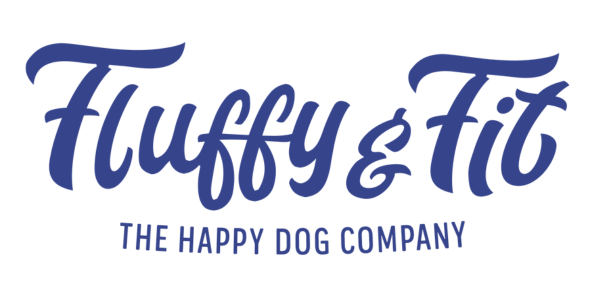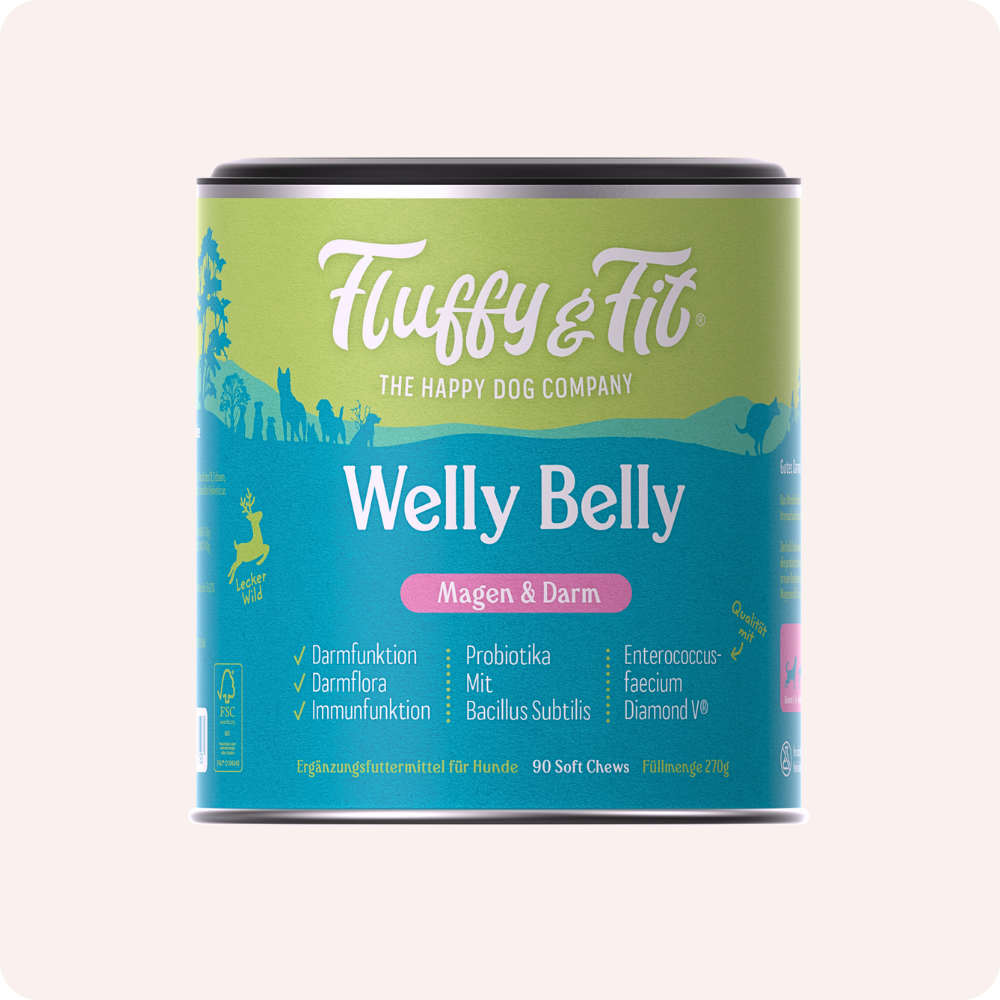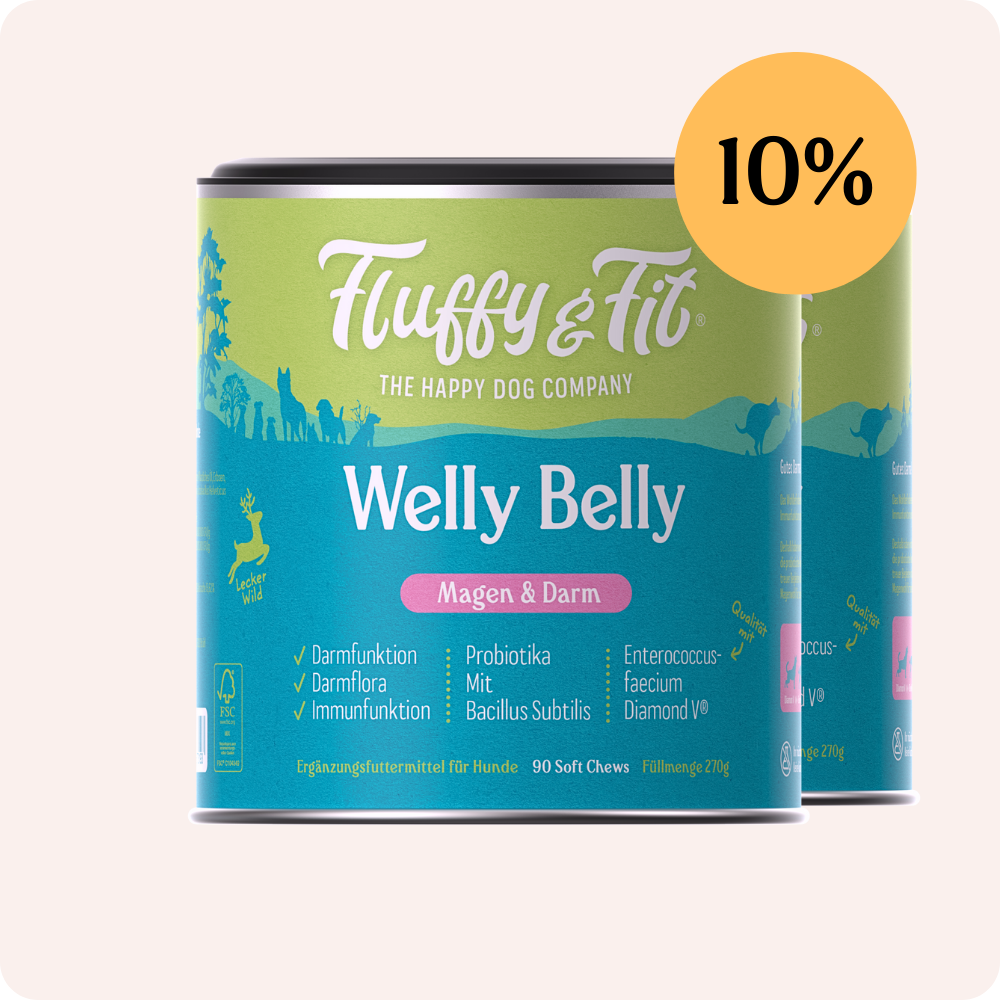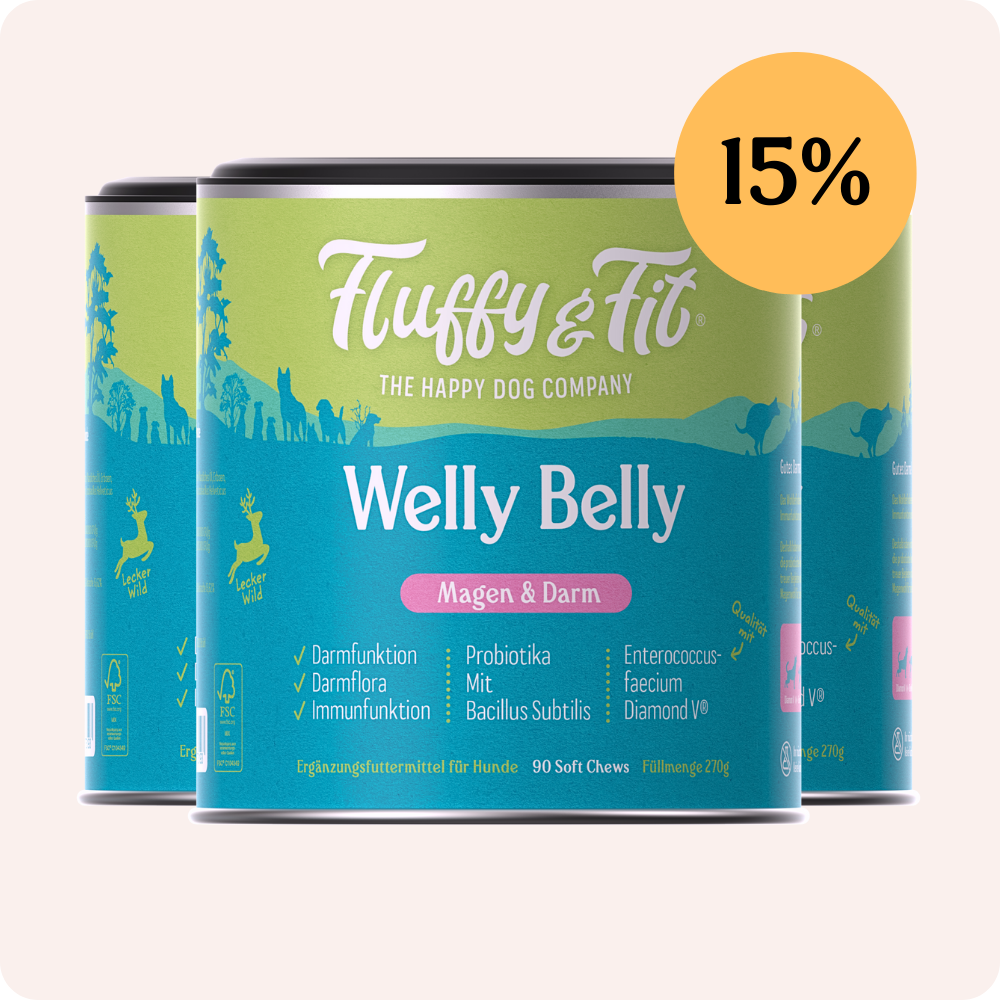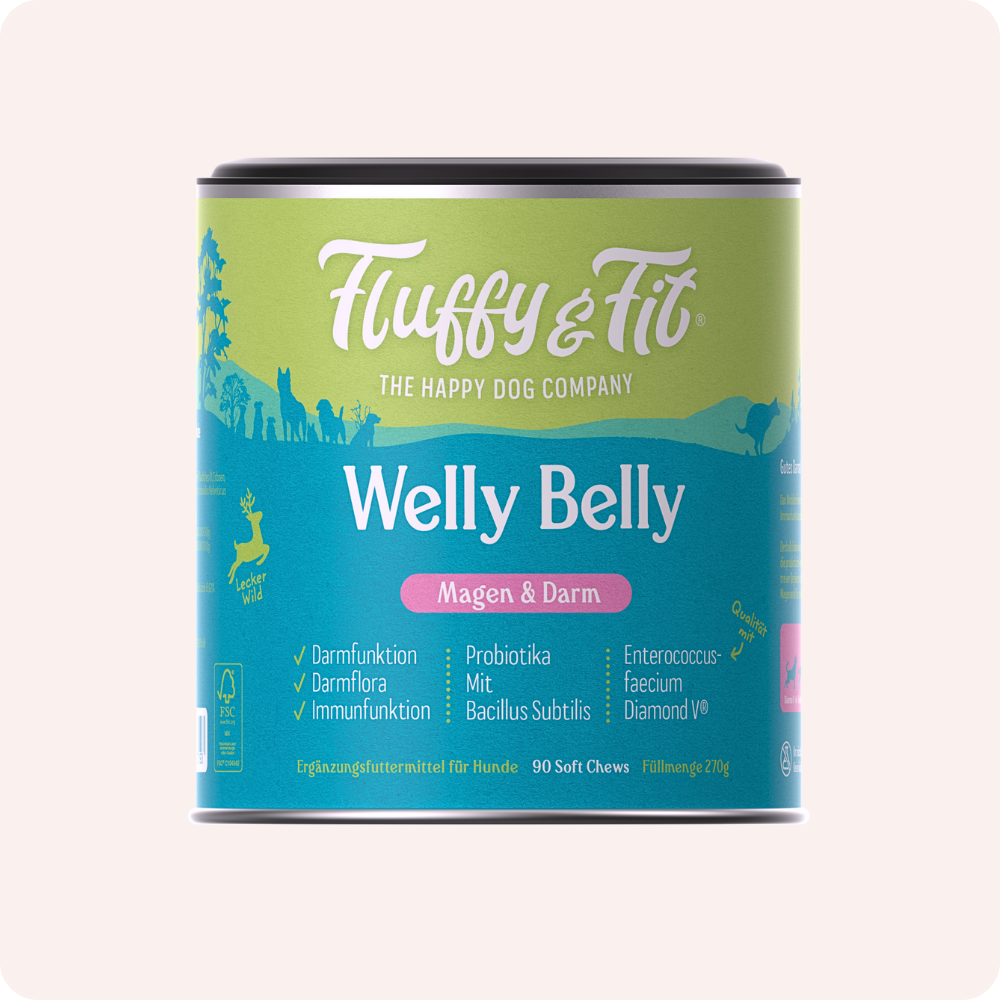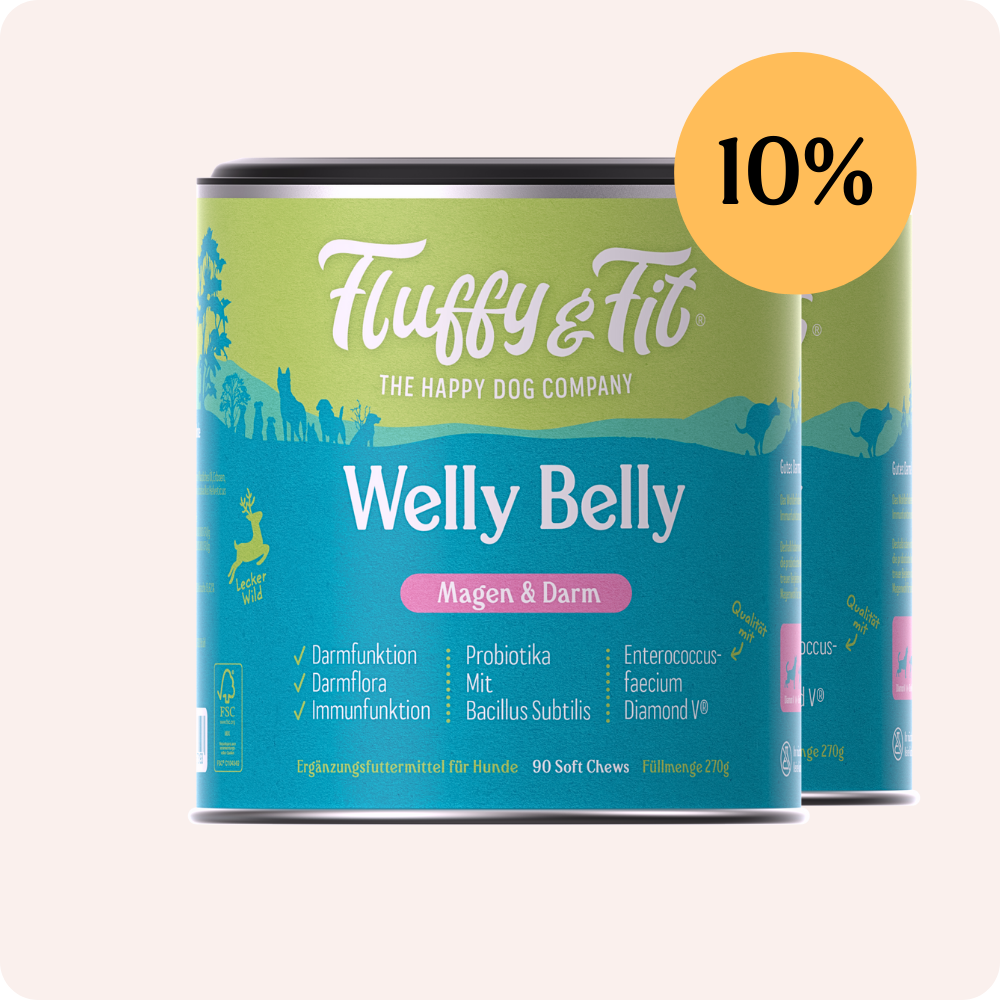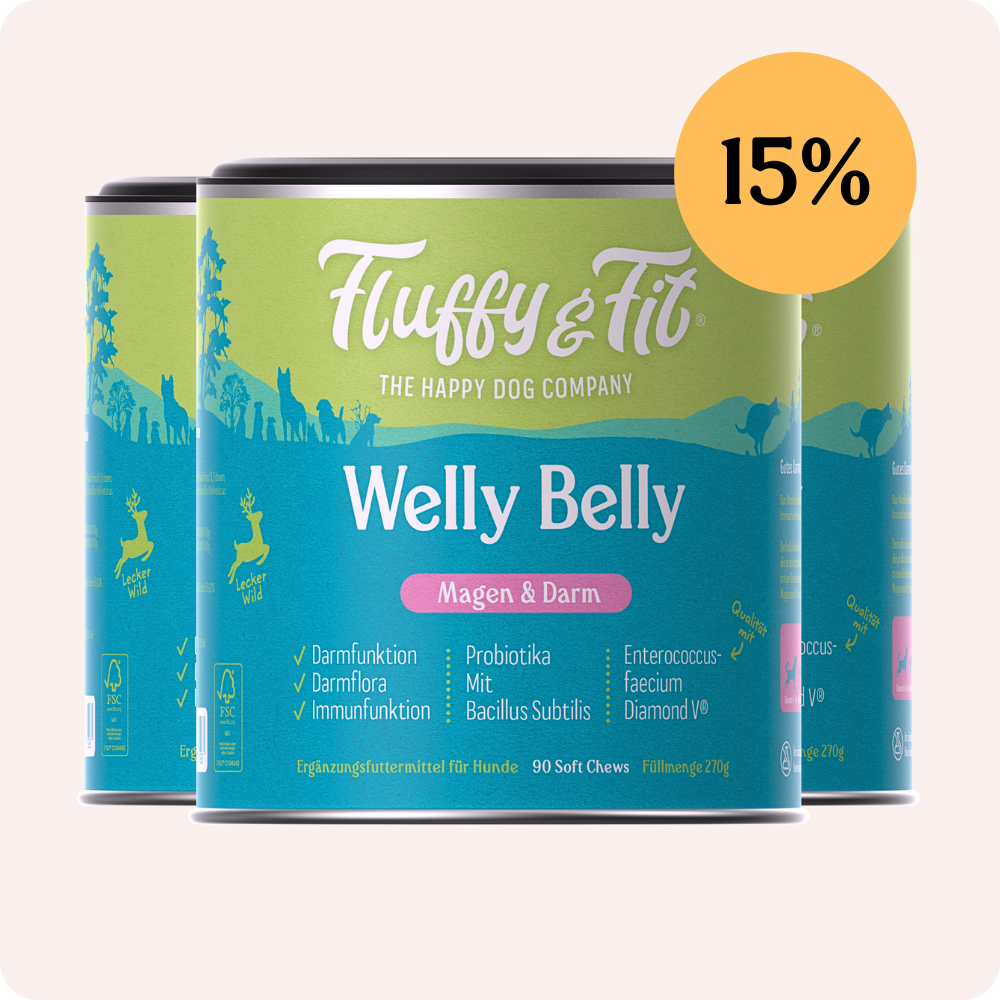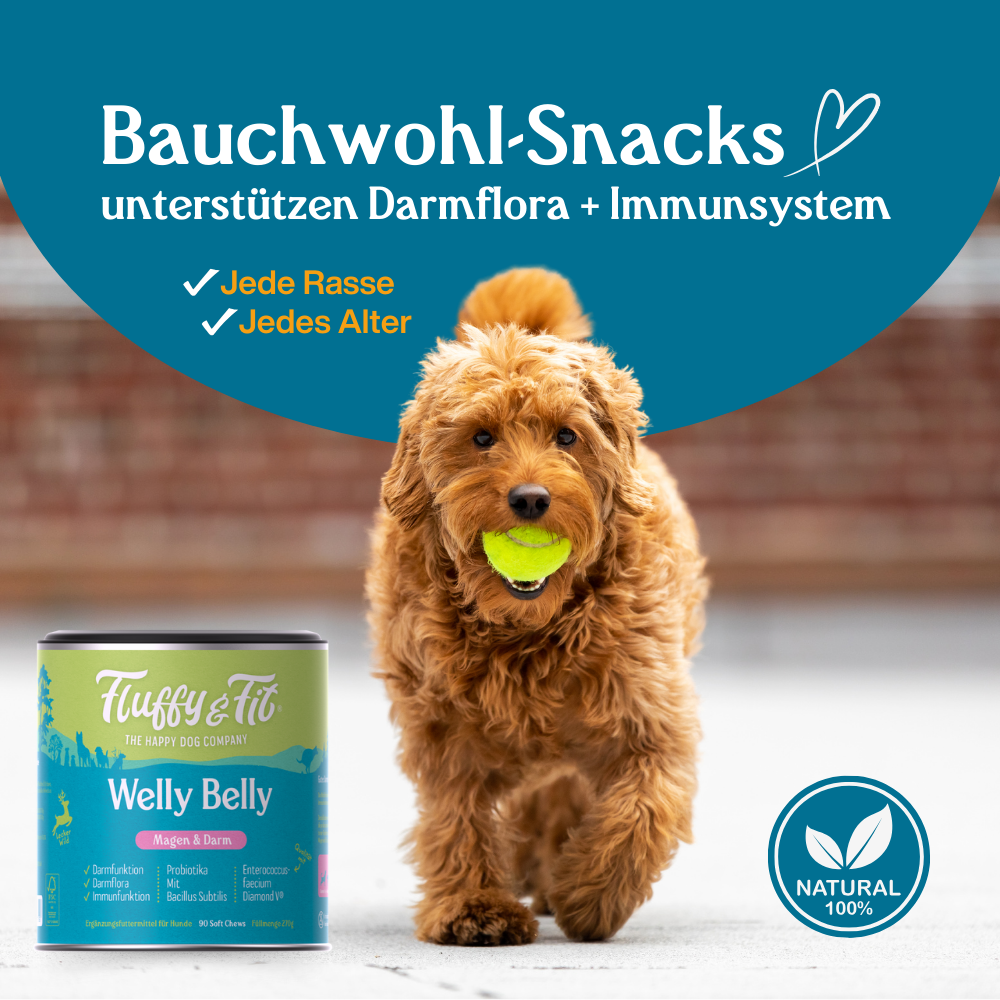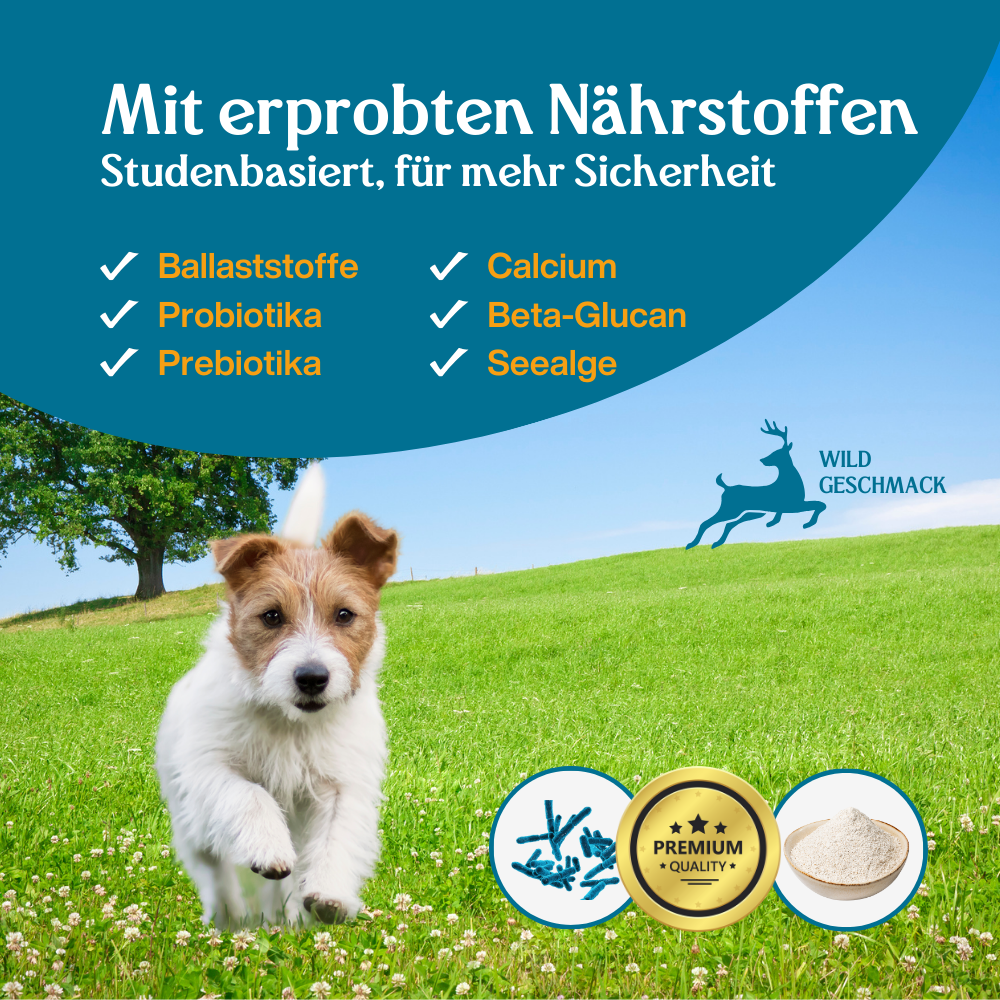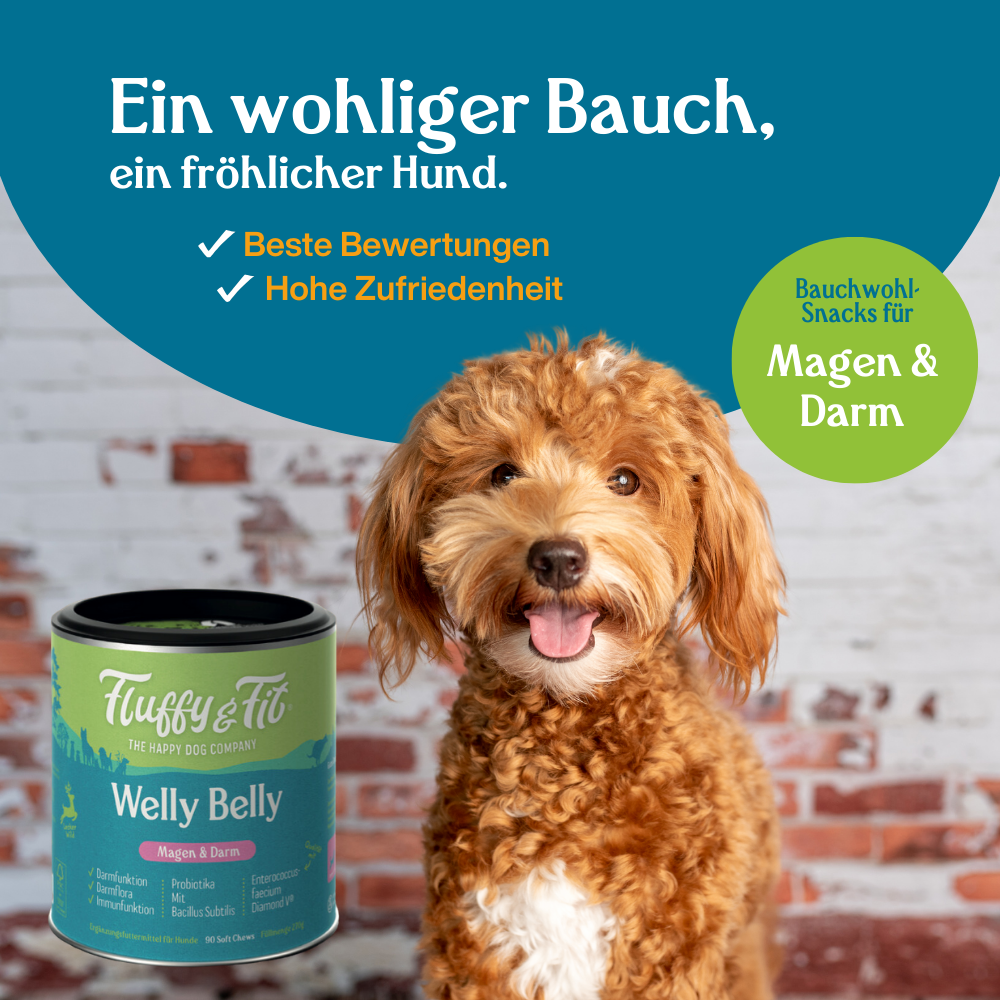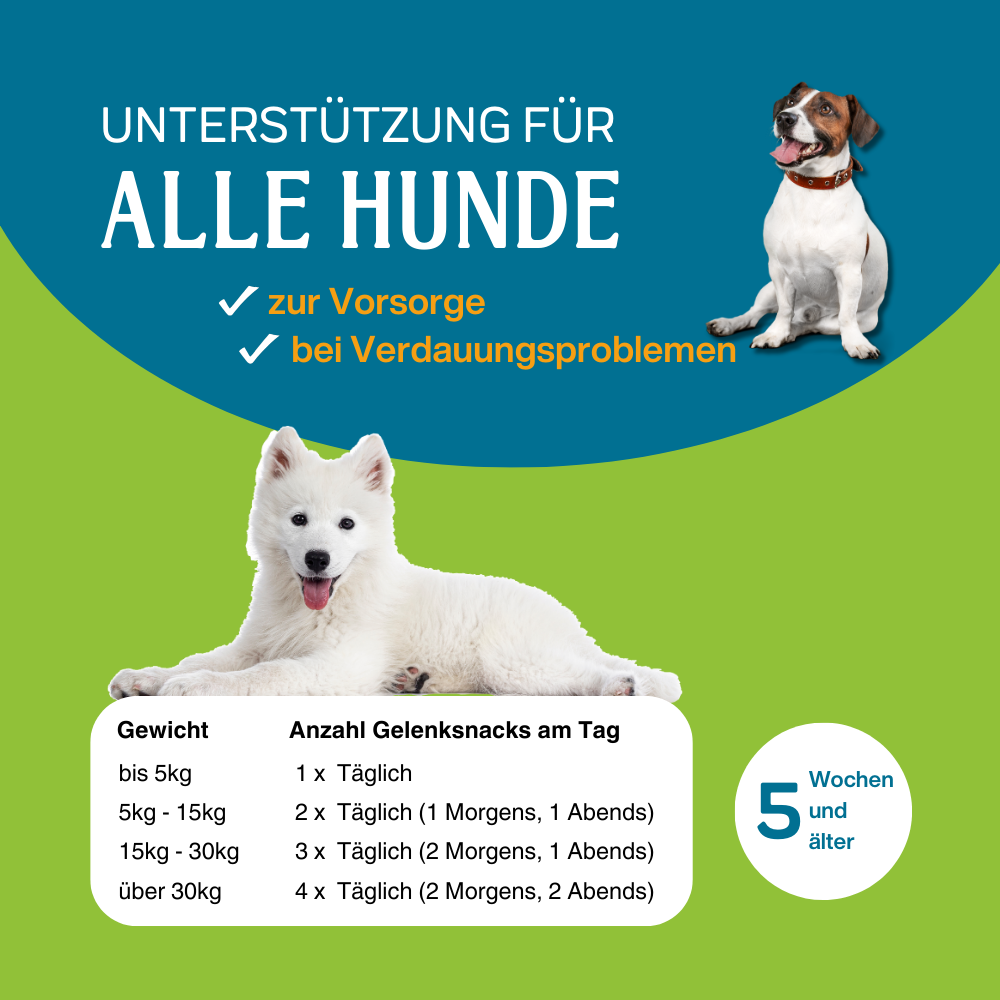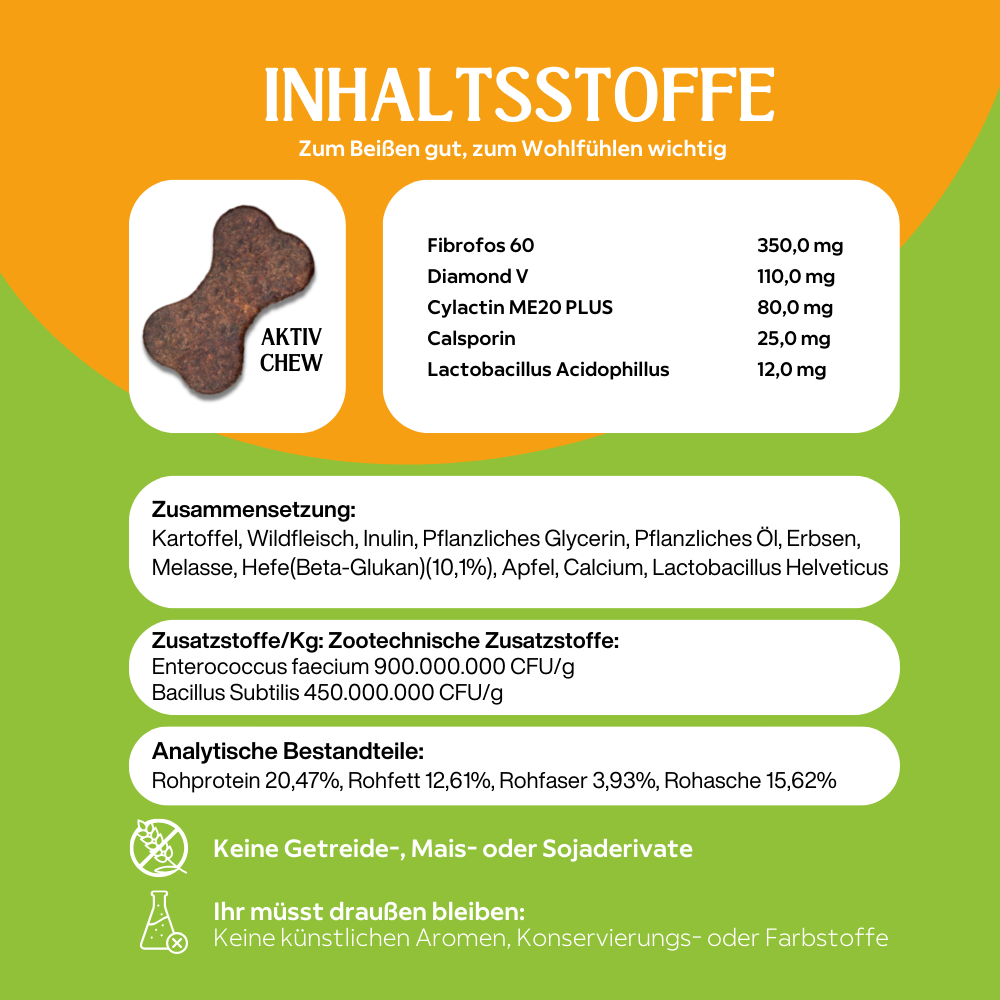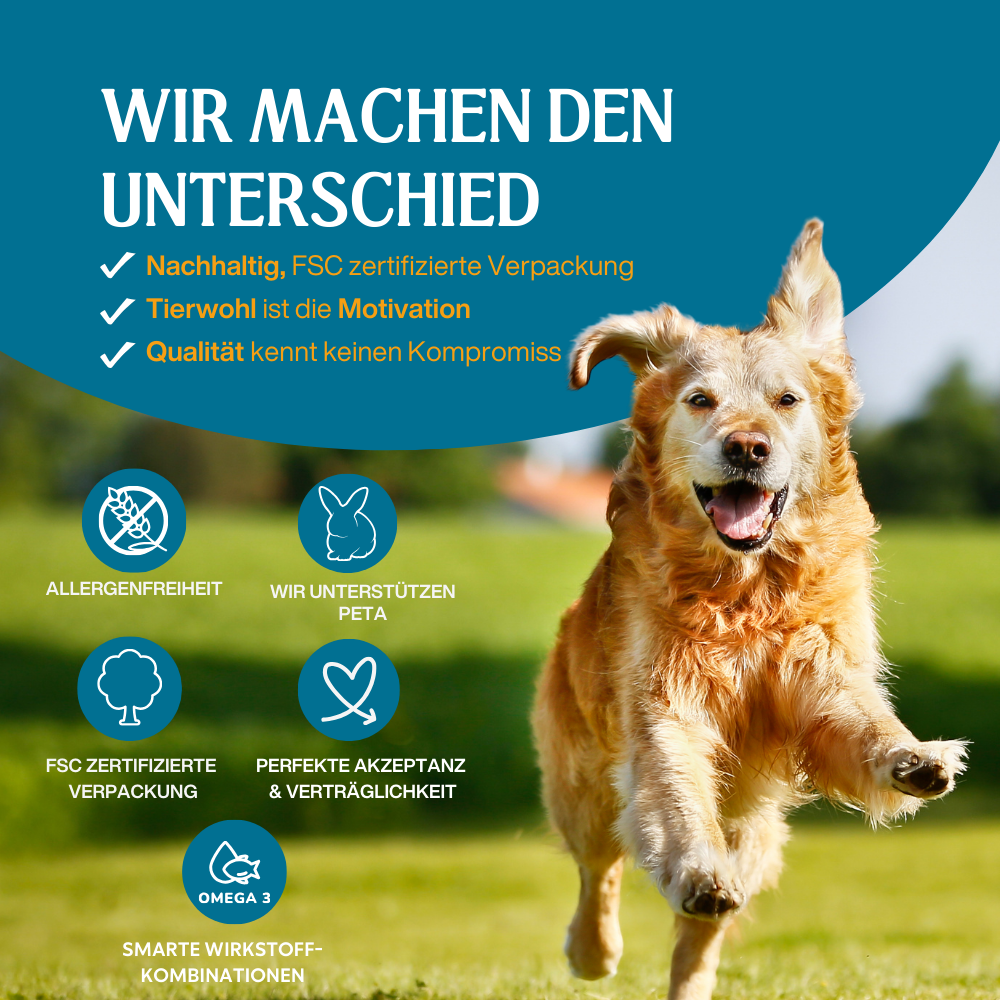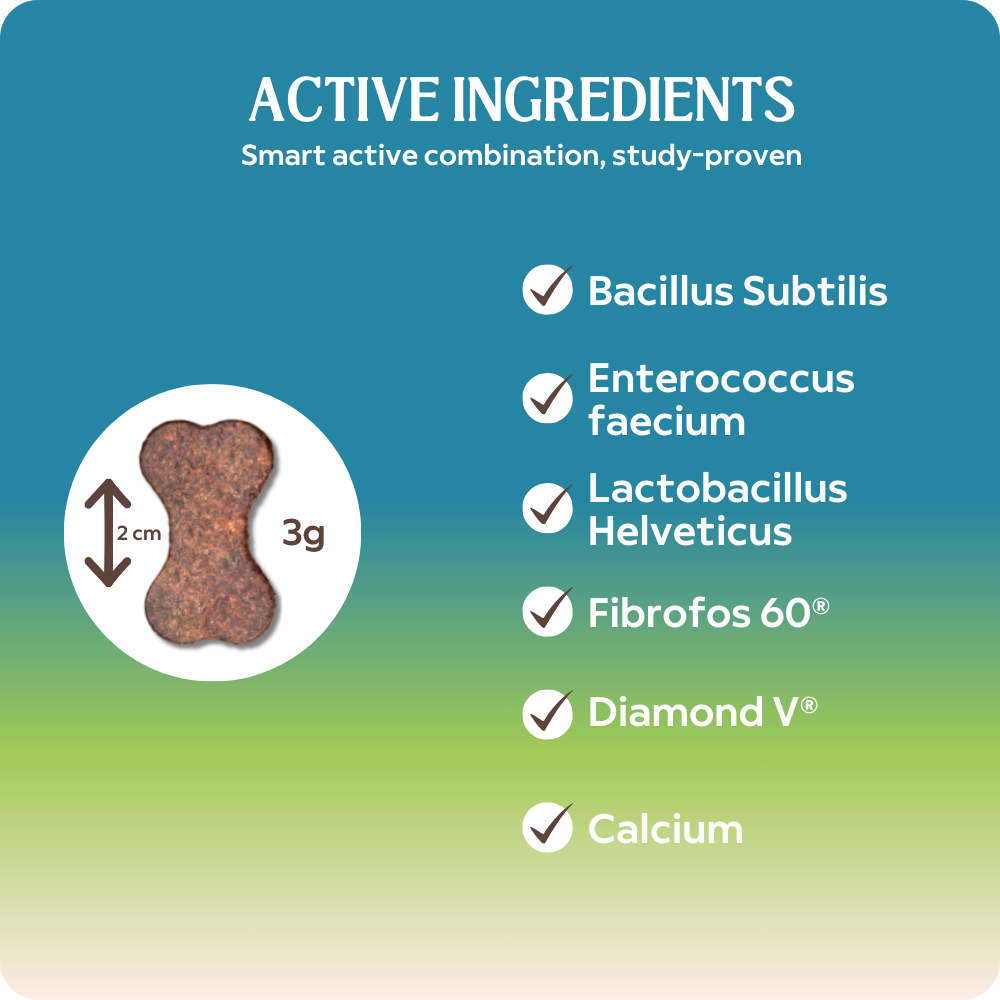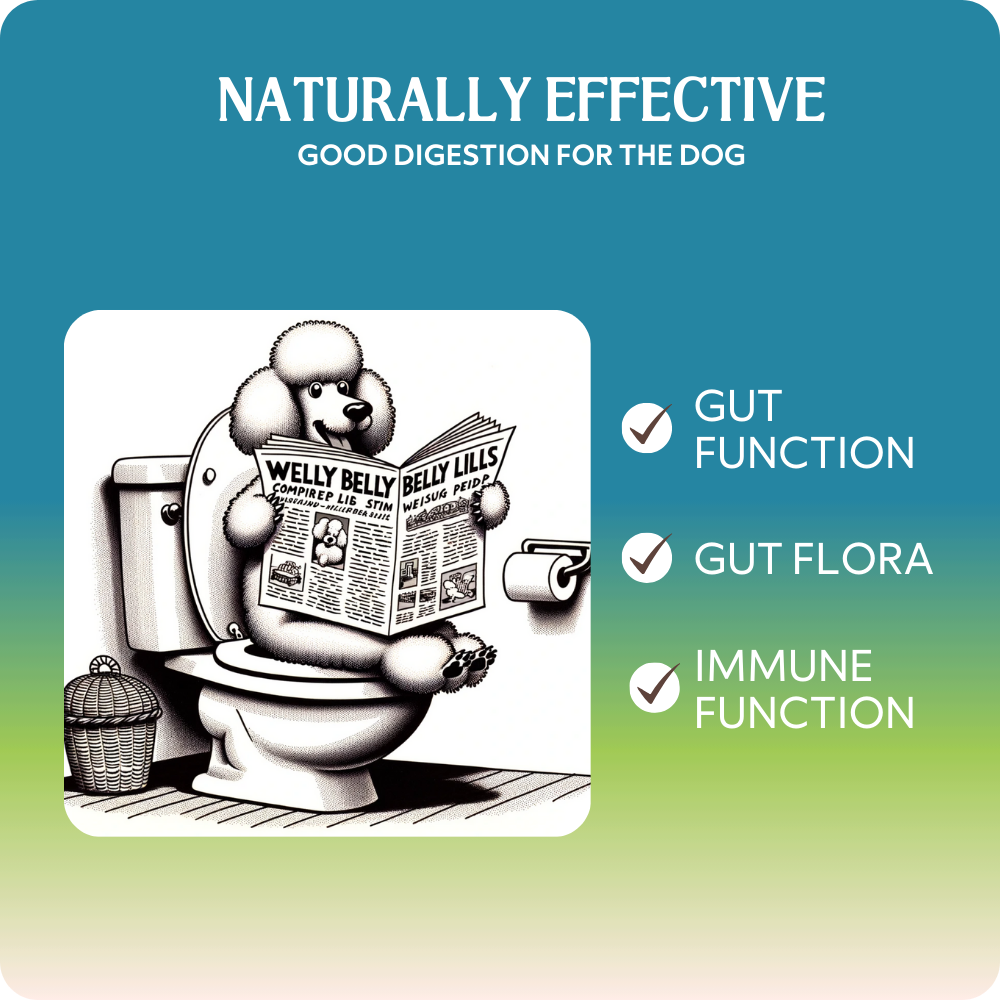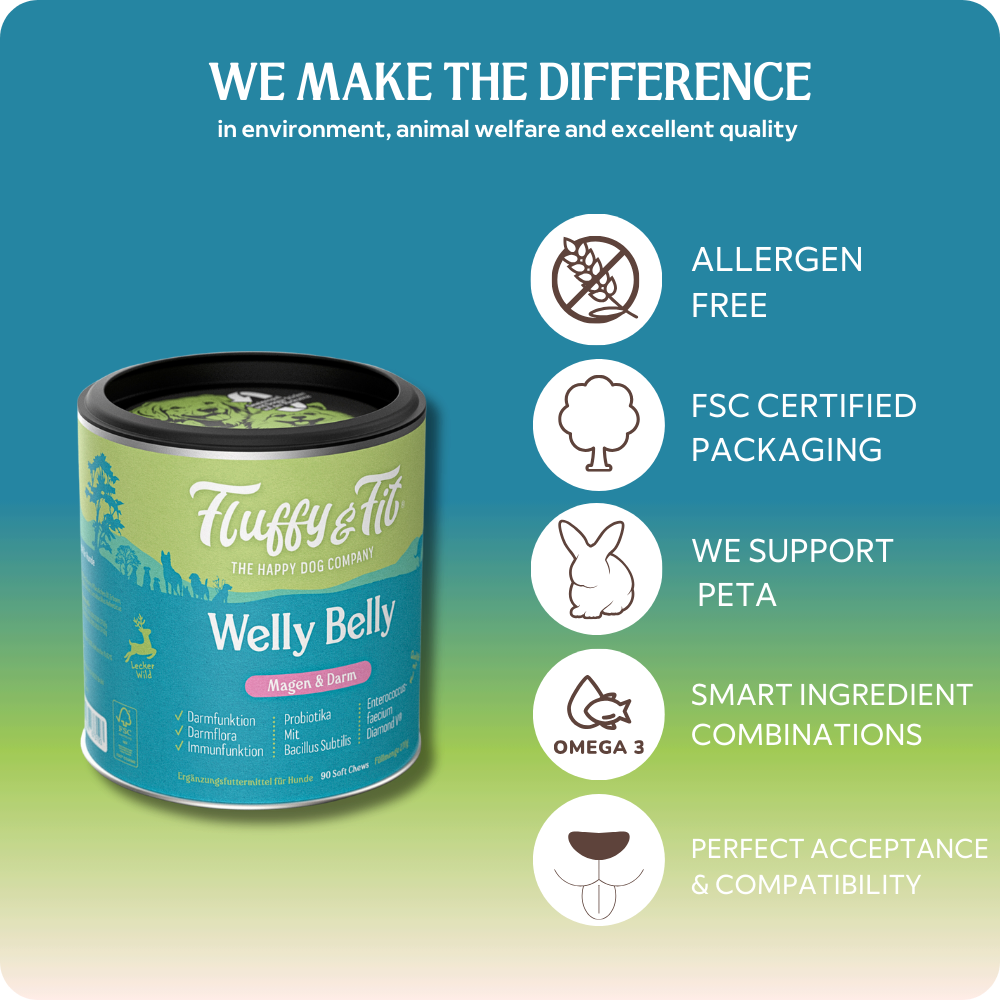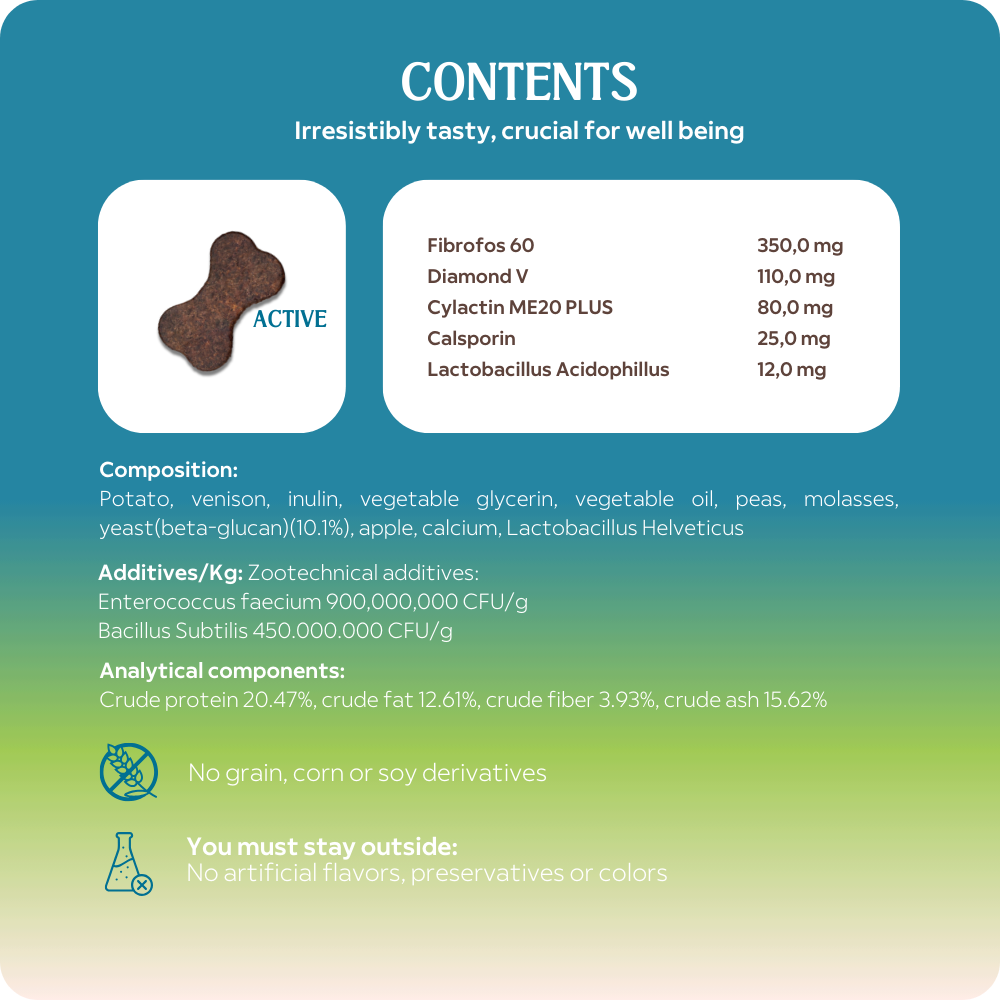Vegetables definitely play a role in a balanced dog diet. Not only does it provide important vitamins, minerals and fiber, but it can also add variety to your four-legged friend's diet. But which vegetables are safe for dogs and are there any vegetables that should be avoided? Let’s delve into the world of plant-based food for dogs.
Why vegetables for dogs?
Vegetables offer numerous health benefits:
-
High in fiber : Good for digestion and helps in weight control.
-
Source of vitamins and minerals : Supports the immune system and cellular health.
-
Antioxidants : Promote overall health and well-being.
What vegetables can dogs eat?
Most vegetables are safe for dogs when given in moderation and as part of a balanced diet. Here are some examples:
-
Carrots : A crunchy snack that's good for your teeth.
-
Cucumbers : A hydrating, low-calorie treat.
-
Zucchini : Mild and easy to digest.
-
Broccoli : In small amounts as it can cause gas in some dogs.
Which Vegetables Should Dogs Avoid?
Some vegetables can be harmful to dogs and should be avoided:
-
Onions and Garlic : These can cause anemia.
-
Tomatoes : Green tomatoes in particular and the plant part can be poisonous to dogs.
-
Avocados : Contain persin, a substance that is toxic to dogs.
Tips for feeding vegetables
-
In moderation : Vegetables should only make up a small portion of the daily feed intake.
-
Caution when introducing : Start with small amounts and monitor for possible allergies or digestive issues.
-
Well Cooked : Some vegetables are better cooked and cut into bite-sized pieces to avoid choking hazards and digestive problems.
Conclusion: Find health in vegetables
With a balanced selection and appropriate preparation, vegetables can be a healthy addition to your dog's diet. Always with an eye on the animal's tolerance and preferences and in dialogue with the veterinarian, dogs can benefit from the colorful variety at the vegetable market.
This article is intended to provide an overview and does not replace specific advice from a veterinarian. If you have any questions or uncertainties about your dog’s diet, please consult a professional.
